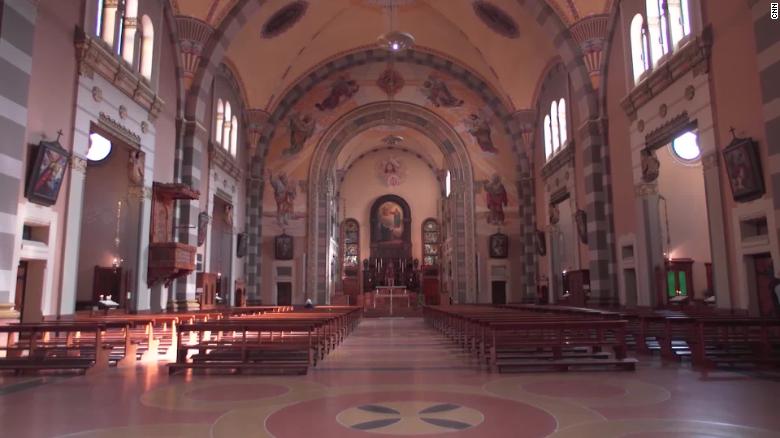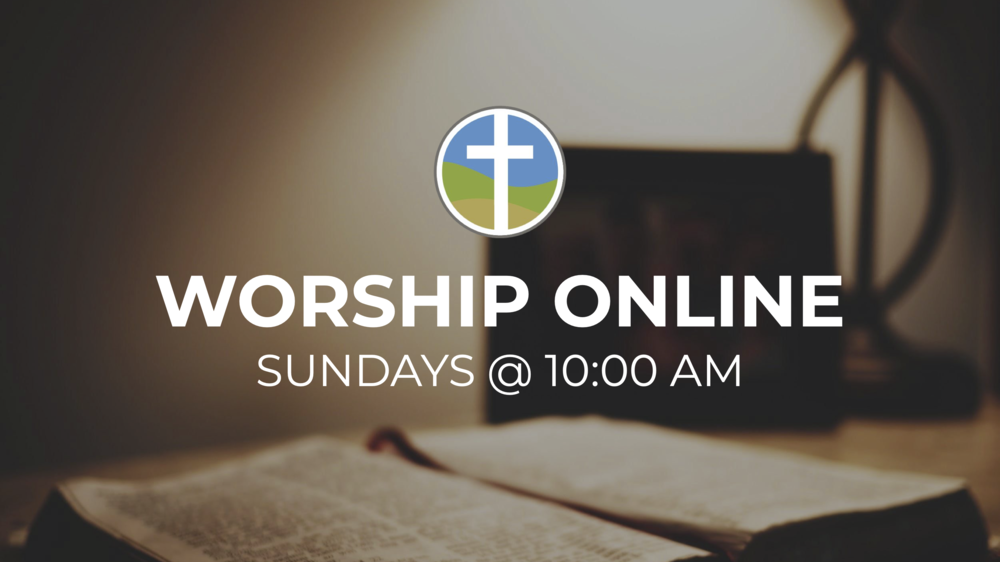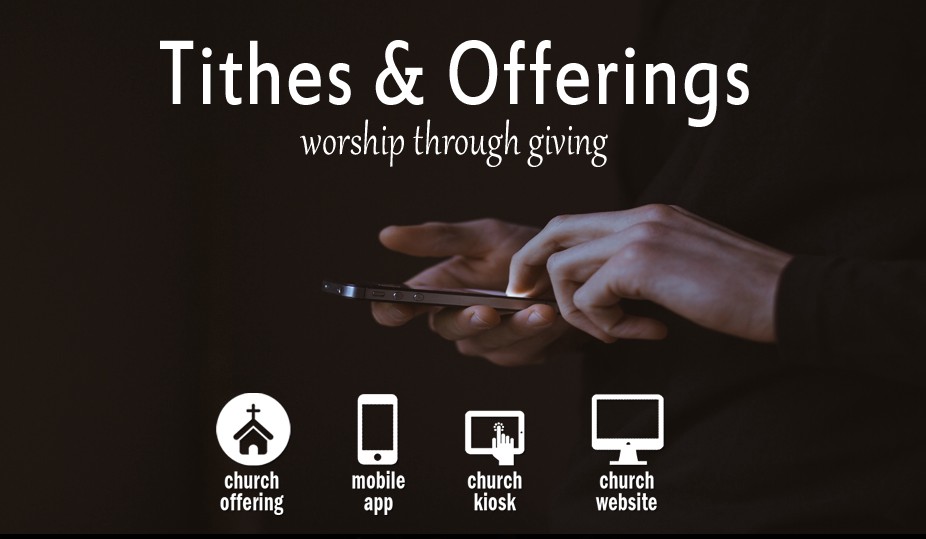The Presidential Task Force (PTF) on COVID-19, during its briefing yesterday, lifted the ban restricting physical worship in churches and mosques. According to the PTF, reopening of worship centres is just for main services.
According to the coordinator of PTF, worship centres will be under strict restrictions. He added that the opening of the centres will be dependent on the agreed protocols (mandatory masks, limited opening hours, physical distancing) reached between state governments and religious leaders.
Other decisions announced by the PTF include the reduction of the national curfew from 10 pm — 4 am, the return to normal working hours including the full opening of banks and other financial institutions, and the re-opening of hotels.
Is technology only a temporary fix in Nigeria?
After the implementation of lockdown measures to curb the spread of the novel coronavirus, most sectors of the Nigeria economy turned to technology to continue operations.
From remote work to digital banking and online worship, many Nigerians adopted technology to continue performing their day to day activities from home


However, with the government already lifting and easing the lockdown across the country, it appears that most people are abandoning tech for their old ways of life.
For instance, after the ban was first lifted on May 4, many people rushed to the physical bank locations ostensibly to carry out pending transactions, abandoning the digital baking processes that were used during the lockdown.
Also, companies that adopted remote work during the lockdown were also quick to return back to their physical offices. These trends suggest that Nigerians consider tech as a temporary fix and not exactly a new norm of doing things that should be made permanent.
It could be expected that as the government has opened the places of worship, many people will flock to their physical worship centres and abandon the online worship that has grown considerably during the pandemic.
Will Online Services Survive?
Even before the lockdown, several churches especially big ones streamed services online. Although the opening of churches may reduce the boom of online worship, many worship centres may still opt to keep it with COVID-19 still around.
A Catholic priest, Prof. Ikechukwu Kanu (OSA) told TechNext that once the lockdown is eased, there wouldn’t be a need for the operation of those multiple online channels as ‘God’s people’ will be in the Church. However, he added that the masses aired on EWTN and the Nigerian Catholic TV, even before the lockdown can continue.


David, a worshipper reacting to the opening of churches said he believed that those churches that invested in effective structures for online worship will keep it but those who found it difficult will quickly resume back to their churches.
Like David, Damilare believes online worship is here to stay. He said the realization that he could worship from the comfort of his home without spending hours in Lagos traffic was a pleasant experience.
However, there is the point that some people will go back to physical worship because of the cost of streaming worship online. Streaming hours of video consume a lot of data that a significant amount of families in Nigeria can’t afford. 2 hours of video consumes at least 630 MB, which means that 2 services will cost an average of N1000 (1.5 GB).
Tithe and Offering during Online Worship
Collection of tithes, offerings and other donations during online worship is one of the problems the clergy was plagued with during the lockdown. Some churches created digital means like bank transfer or use of apps like Tithe.ly to collect the money.


Sharing his view, Father Kanu (OSA) explained that offerings and tithes aren’t what the church is about and its collection during the difficult times caused by the pandemic was insensitive to the experiences of worshippers.
“The church is not about tithe and offertory, it is more about ministering to the people. And this is the theology that informed the position of the Catholic Bishops of Nigeria. To emphasize tithe and collection at a moment like this as though it is what the Church is about is to be insensitive to the experiences of God’s people”
Father Ikechukwu Kanu (OSA)
However, he added that if the worshipper willing decides to give, that there was nothing wrong with it.
In summary, the compulsory lockdown has opened the eyes of the clergy and many worship centres to the potential of technology in worship. Although a few too many may cling to the tradition of physical worship centres, online worship may have enjoyed enough popularity during the lockdown to make enough people consider it as a valid alternative to physical worship.






